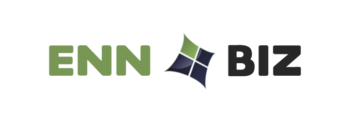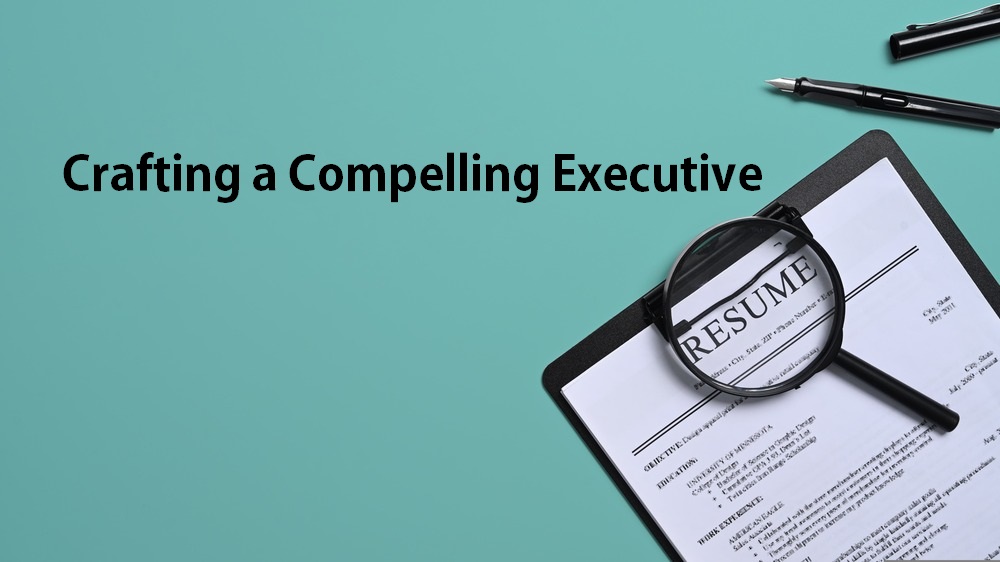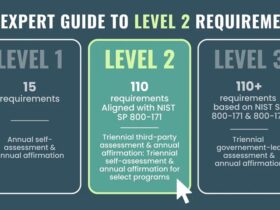Key Takeaways
- Understand the essentials of crafting an executive resume to enhance your career prospects.
- Explore strategies that differentiate an executive resume from other types.
- Discover actionable tips to make your resume stand out in a competitive market.
Table of Contents
- The Role of an Executive Resume
- Key Elements to Include
- Tailoring for Your Industry
- Common Mistakes to Avoid
- Writing Tips for Impact
- Utilizing Online Resources
- The Value of Professional Help
- Maintaining Your Resume
An executive resume must demonstrate leadership, impact, and long-term value. Unlike typical resumes, an executive one tells a simple story aligned with overarching business objectives and focuses on cross-functional, industry-wide results. It is just as crucial to focus on achievements rather than responsibilities and to provide evidence of success through revenue increase, operational enhancements, and personal growth. Language needs to be powerful yet brief, which indicates an intense atmosphere of strategic planning, decision-making, organizational leadership, and command at multiple levels. An executive resume also aims to meet the precise scope of work and positions, making use of industry qualifications to personalize the content for automated systems without losing an inviting style. Design sets the tone, and the writer ensures essential information is easy to locate while avoiding unnecessary visual clutter. In a nutshell, a leadership-level role is best crafted by showing a profile complete of past accomplishments and successful outcomes tailored to potential challenges.
The Role of an Executive Resume
An executive resume has an intriguing balance between art and science. It includes creativity, strategy, and approaches that make one’s professional story stand out. As with any important documents in the life of an executive, an executive resume serves not simply as a collection of past experiences but demonstrates a candidate’s impact on leadership and success within an organization. Unlike standard resumes, which focus solely on skills and knowledge, an executive resume emphasizes strategic vision and leadership achievements. It paints a picture of how one’s efforts have driven positive change and growth in their prior positions and sustained such growth year after year. The capability to capture such milestones in succinct detail is critical if one aims to attract the attention of influential recruiters and decision-makers within organizations.
When exploring executive resume pricing options, it’s essential to consider the value of a well-crafted resume that aligns with professional goals and market demands. A competitive executive resume highlights past successes and incorporates what the client hopes to achieve while aligning the potential gains with the goals of the organization, where the client intends to use the resume. Resumes are vital in every working environment. Potential and existing employers seek resumes that demonstrate a high level of sophistication in one’s understanding of the reality in today’s corporate world and reveal a powerful strategic business mind. That document, however, has to be able to maintain a balance between simplicity and detail. Presenting the reader with the critical information without over-exacerbating intricacies to the point that the reader starts getting lost is paramount.
Key Elements to Include
An executive resume must integrate multiple components thoroughly to create a cohesive narrative highlighting one’s career progression. The strategic overview serves as the starting point for the summary, which should be engaging. This section ensures that the executive resume emphasizes the foundational elements of your brand. It guides the resume to include the philosophy, achievements, and best value that one can add for those looking to hire them. To craft a compelling overview, the outline should consist of the aspiring prospects and weave in previous successes, showcasing one’s strengths and potential.
The summary should not only capture professional highlights and aspirations, but also elaborate on accomplishments and milestones, particularly emphasizing metrics that demonstrate effectiveness. Other than a narrative description, advanced resumes should present measurable outcomes, like “sales surged by 35% in one year” and “crossed a critical teamwork project that led to a 25% improvement in efficacy,” further enhancing your leadership and management abilities. These figures not only confirm an individual’s capabilities, but also set the standard for performance that others strive for when vying for similar opportunities at the highest levels.
Tailoring for Your Industry
Different industries have different communication styles, standards, and expectations. Hence, one must customize a resume to fit the particular industry focus. For example, the technology sector places great importance on showcasing one’s innovation, technical skills, and ability to utilize new tools or methodologies. The ability to use new technologies sets candidates apart from others. This involves listing specific programming languages, software development methodologies, or other projects that implemented new technologies to enhance productivity or user experience.
On the other hand, a resume targeting the finance sector must work to highlight critical areas such as prudential fiscal management, compliance with financial regulations, and strategic spending policies. This could also include describing your practice in financial modelling and risk assessment, as well as your complex financial statute knowledge, like Dodd-Frank. Accomplishments are better if they can be quantified, such as “managed a portfolio where a 15% return was achieved in a volatile market.”
Understanding these industry-specific details reveals how prepared you are to address the challenges and expectations of the position. This approach makes it crystal clear that, with a specific resume, an employer would be willing to hire you because you have done your research regarding the industry’s requirements.
These strategies strengthen your candidacy and tell a stronger story regarding your experience and how, with your leadership, the provision of the particular industry could prosper. For example, including specific within-industry phrases like “led a cross-functional team to streamline compliance processes, resulting in a 20% reduction in audit discrepancies,” makes a resume more valuable and eye-catching, enabling one to rise above the competition.
Common Mistakes to Avoid
Building an executive resume that captures your career is an intricate task made more difficult by common oversights, which can dramatically undermine the effectiveness of the resume. One frequent oversight is using a single resume for multiple job applications rather than customizing it for particular roles or companies. Generic resumes do not show the deep understanding or commitment needed for nuanced, high-level positions, nor do they demonstrate what the candidate truly offers. Furthermore, including jargon or overly technical terms without context can alienate many stakeholders who are not experts in your particular field.
In addition, failure to conduct polite scrutiny may result in spelling or grammatical errors that adversely affect your stature and suggest a lack of professionalism. A typographically orderly structure without misspellings evokes a sense of trust and clarity. Adhering to these guidelines is necessary to ensure that your resume attracts significant interest from hiring committees, thereby allowing them to consider deeper engagement.
Writing Tips for Impact
Paying attention to the words and the structure of a resume and the language, as well as the structure, will ensure that it captures the attention of the decision-makers and holds it. Every bullet point must begin with an action word that places you in a positive light. Words such as “engineered,” “propelled,” and “advocated” highlight and vividly describe what you performed and contributed.
If the relevant white spaces are correctly used and the layout is organized with clear headings and subheadings, your resume will be more pleasant to look at and easier to understand. A well-structured resume ensures easy reading, allowing the decision-makers to effortlessly appreciate your skills and assess the direct value you could add.Utilizing resources such as Grammarly’s Writing Tips can support the creation of a polished, clear, and compelling narrative that appeals to potential employers and accurately captures your professional essence.
Utilizing Online Resources
Collaborating with experts and accessing their knowledge through the internet can greatly help enhance your resume. Career Development International is one such website that offers research-based guidelines that help tailor the CV to today’s best practices and consider tomorrow’s trends.
By utilizing these resources, you will make the necessary adjustments to current expectations and emerging challenges, which is critical from a prospective employer’s standpoint. Being proactive also keeps you competitive as an organizational frontrunner, which is paramount in volatile business settings.
The Value of Professional Help
The complexity involved in crafting an executive resume serves as a prime example. Consulting experts with years of experience sheds light on one-sided frameworks that impede progress. Such advisors help polish every detail of the document to meet the standards of resume-writing professionals at the level of trust you have identified for your strategic leadership position. Their work is not limited to the aesthetics of the document. They edit the text as well, capturing the most relevant aspects of your accomplishments and successful peers and sourcing unique attributes such as your leadership skills that help define your identity. These professionals make your story more appealing by turning your resume into a marketing document. Discerning employers receive copies of the candidate’s professional story and advanced qualifications, demonstrating their readiness for leadership positions at the executive level. In a saturated market, these supporting frameworks ensure that you are a sought-after candidate.
Maintaining Your Resume
Updating your executive resume is essential so it does not become outdated. It accurately mirrors your present skills and achievements. An updated resume containing recent experiences reflects proactive career advancement.
This deliberate effort underscores your advancement in your profession and your agility as someone who can quickly meet evolving employment opportunities. In this manner, a well-maintained resume transforms into a sorely needed asset that can advocate for one’s abilities, advance one’s career, and propel other incredible achievements.










